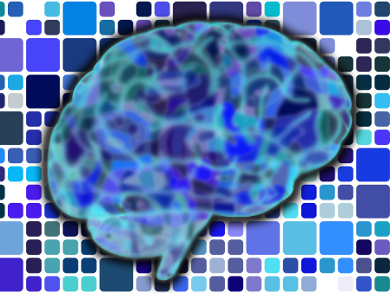Sandra B. Chapman, Center for BrainHealth®, University of Texas at Dallas, USA, and colleagues found that physical and cognitive training can improve brain function in different ways.
Thirty-six adults between 56 and 75 years of age were randomly assigned to three hours of physical or cognitive activity per week over 12 weeks. The physical group exercised by walking on a treadmill or cycling. The cognitive group trained using a manualized strategy-based training, developed at the Center for BrainHealth, which focuses on strategic attention, integrative reasoning, and innovation, three executive functions of the brain.
The researchers assessed neurocognitive, physiological, and magnetic resonance imaging (MRI) data prior to, as well as during and after training sessions. The study shows that increased aerobic activity leads to improved memory performance. Cognitive training, on the other hand, improves global brain blood flow and enhances executive brain functions, such as planning and problem solving. The findings provide a basis for developing neuroprotective programs which combine physical and cognitive exercise sequences.
- Distinct Brain and Behavioral Benefits from Cognitive vs. Physical Training: A Randomized Trial in Aging Adults,
Sandra B. Chapman, Sina Aslan, Jeffrey S. Spence, Molly W. Keebler, Laura F. DeFina, Nyaz Didehbani, Alison M. Perez, Hanzhang Lu, Mark D’Esposito,
Front. Hum. Neurosci. 2016.
DOI: 10.3389/fnhum.2016.00338




